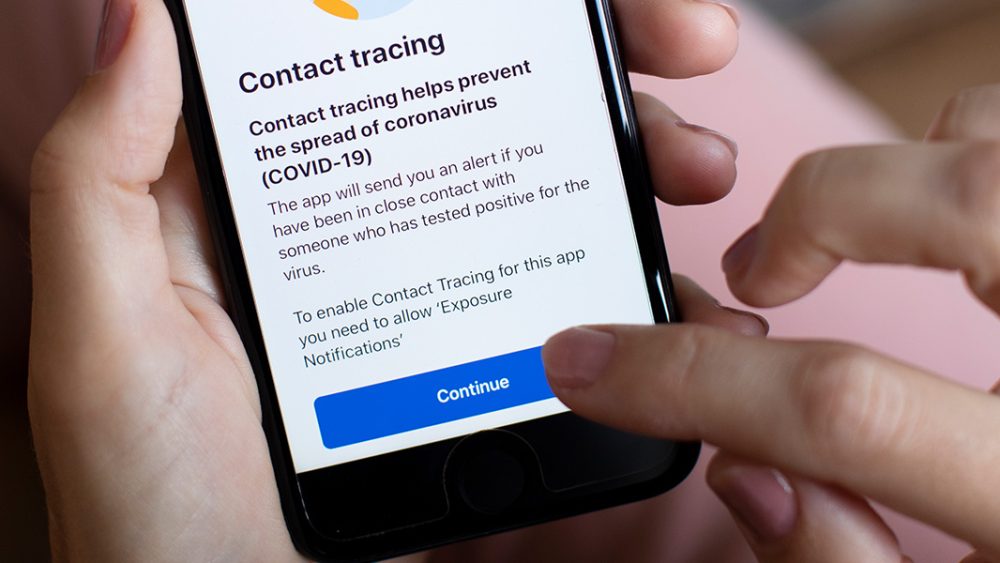
Indian officials are repurposing a controversial COVID-19 contract-tracing app to be used as a key component of the country’s healthcare infrastructure.
The app, Aarogya Setu, was developed in 2020 by the the country’s Ministry of Electronics and Information Technology and was initially advertisrd as a “temporary solution to a temporary problem.”
The government, however, now plans to broaden usage of the app, with a senior official announcing Aarogya Setu will become the country’s sole healthcare app. Citizens can use the app to book appointments amongst other features.
The decision follows Aarogya Setu’s rollout being met with significant controversy over the app’s potential threat to data privacy and allowing for government intrusion into healthcare.
It stores location data and requires constant access to the users’ Bluetooth, with the app justifying its invasive measure as essential to letting people know if they’ve been near a person infected with the COVID-19.
The app then allows for authorities to upload the gathered information to a government-owned and operated “server”, which “provides data to persons carrying out medical and administrative interventions necessary in relation to Covid-19”.
A clause in the app’s Terms and Conditions also states that the user “agrees and acknowledges that the Government of India will not be liable for … any unauthorised access to your information or modification thereof”.
Despite the invasive tracking feature, millions were left with no choice but to download the app, as the government announced that downloading it would be mandatory for both government and private employees. Some Indian suburbs such as Noida made downloading the app compulsory for all residents, threatening six months of jail time if they failed to comply.
In response, Rahul Gandhi, leader of the Congress party, criticized the app as a “sophisticated surveillance system” in a Tweet:
Digital rights groups have also flagged many of the app’s features as problematic, including the Software Freedom Law Centre, which explains how the government can share data collected by the app with “practically anyone it wants”.
The MIT Technology Review also rated the app one out of five stars, citing concerns over data storage and collection of unnecessary information.
Though the aforementioned criticisms prompted the Indian government to make the app’s source code public, independents technology experts maintain that its server-side code had not yet been publicly released.
The Indian government is also repurposing its COVID-19 vaccination website, CoWIN, to serve the country’s universal immunization program.
The news comes amidst concern in the West over digital identity and payment platforms being used to advance certain political agendas favored by left-wing groups such as the World Economic Forum (WEF).
